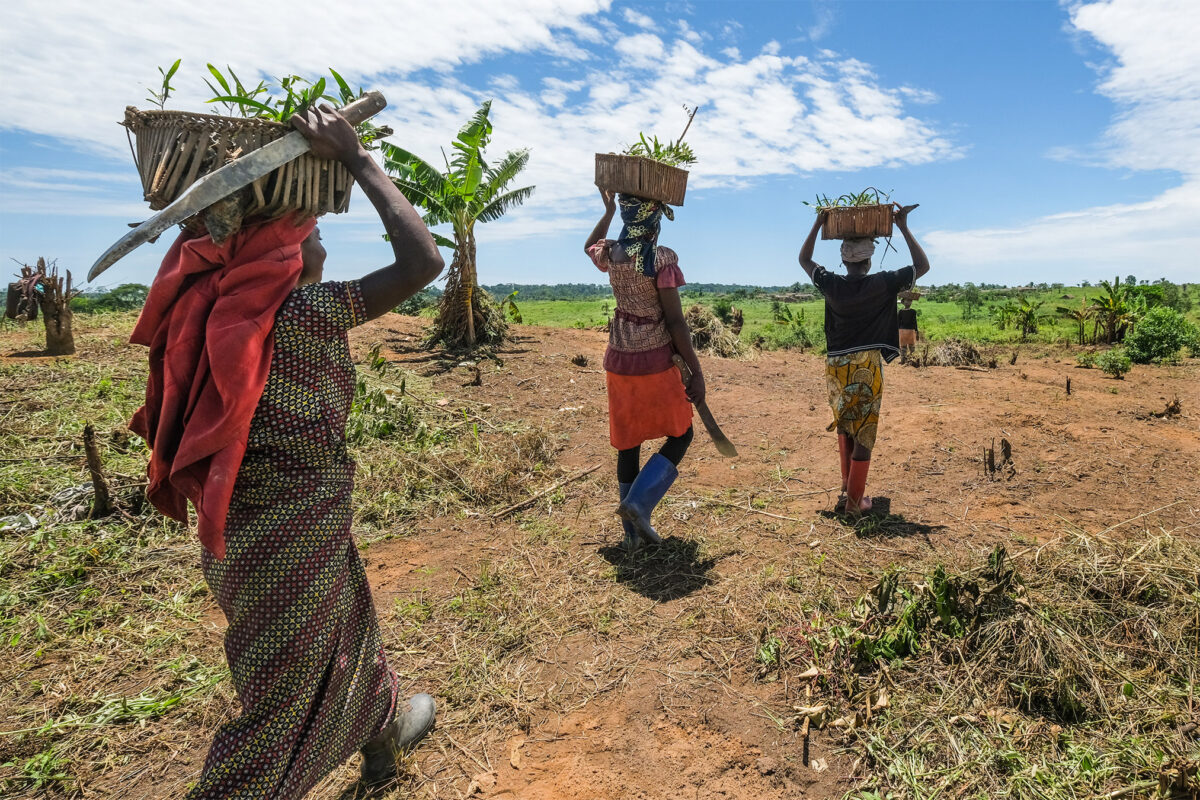- New research concludes that humanity would benefit more if it aims for ecological sustainability and stays within the limits of what Earth can provide, rather than pursuing relentless growth.
- The success of capitalism depends on the push for growth, which requires the use of resources and energy, and comes at the cost of ecological damage.
- Economists have proposed alternatives that focus on staying within a set of planetary boundaries that define the safe operating space for humanity.
- The review, published in the journal Lancet Planetary Health, draws on more than 200 resources from the scientific literature.



All living things grow.
Maybe not net growth, especially after a certain age, because parts of them also die.
Growth is a fundamental part of change and adaptation. Insisting on unmitigated net growth is the philosophy of cancer. Healthy cells still grow and reproduce, but only within sustainable parameters.
Growth is not always good. Too much growth requires taking so much from your surroundings that you destabilize yourself. In the other direction, no growth is a recipe for being rigidly unadaptable as the Earth beneath your feet changes. The Earth will never stop changing, and we must grow to adapt if we wish to survive. If we grow too quicky that then Earth and our ecosystem context cannot grow and adapt with us. If we grow too slowly, we cannot adapt to an ever-changing environment (especially now that our philosophy of unmitigated growth is causing that environment to change at an unprecedented rate).
Growth (Brahma) is one of three fundamental forces of sustainable living systems. New things come. Without it, Shiva (destruction) will eventually whittle down what remains. Vishnu (preservation) is brittle and stagnant if it is the only force fighting the decay of Shiva.
Cancer and capitalism believe in unmitigated Brahma for Brahma’s sake. This growth and creation in the human realm takes and takes from the natural realm at an unsustainable pace. Zero Brahma is as unbalanced as letting Brahma run unchecked.
“De-growth”, in my mind, is simply allowing the other two forces (Vishnu, the preservation of our surroundings, and Shiva, the destruction of our bad habits) to rebalance our out-of-control Brahma. It only exists as the net effect of all three forces. Degrowth is something that we desperately need if we wish to regain equilibrium with our ecosystem.
Note as well that unrestrained growth within an economic context is Brahma, but to feed that growth we must destroy the world around us, which ecologically presents as Shiva. Depending on the perspectives, each of these forces can present as others. The most toxic part of capitalism’s insistence on unmitigated Brahma is that it is entirely limited to the economic context.